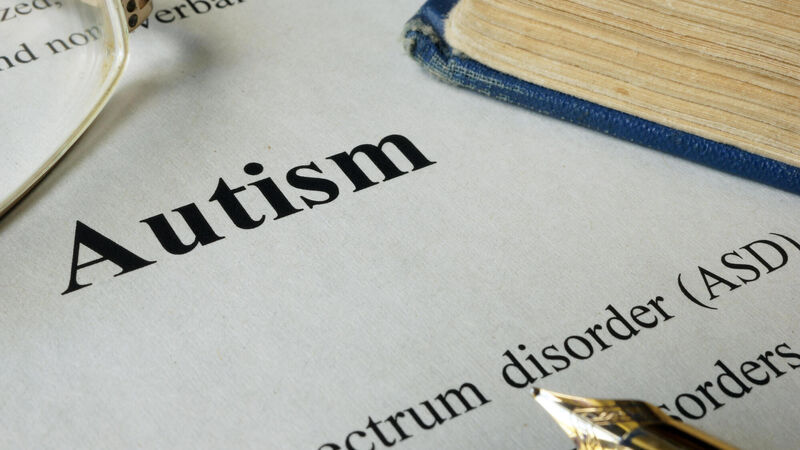Ciara Reilly: Autism is not caused by paracetamol, vaccines or mothers — it's a natural neurotype

Autism is not caused by a tablet taken to manage a fever or any other minor ailment — in fact, the real danger in pregnancy comes not from taking paracetamol, but from leaving a fever untreated.
Here we are again. Another headline built on politically motivated fiction, another baseless theory attempting to pin autism on something external, avoidable — and on something a mother supposedly did wrong. It has become the political distraction of choice.
Last week, it was TD Danny Healy-Rae and his whataboutery about vitamin deficiencies.
















